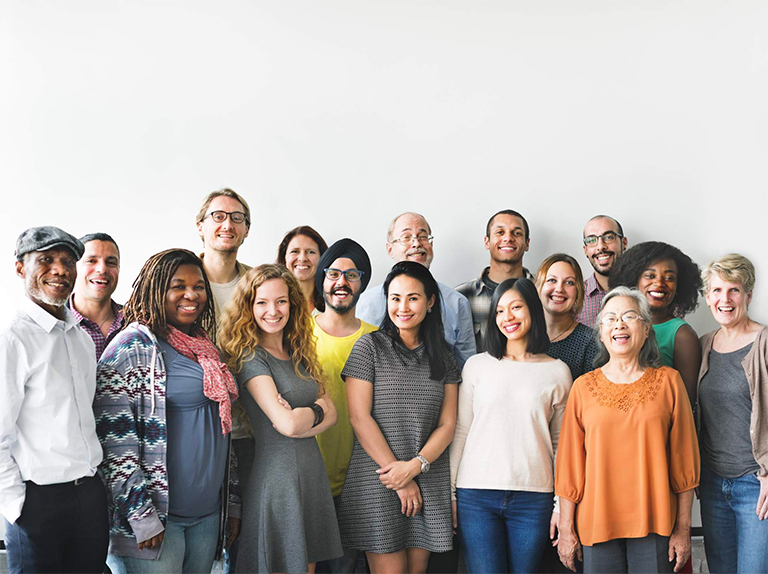



EZ Name Change
We Are California Name Change Specialists
This is Important. It's Personal. We Get It.
Name Change can be life changing. Whether you need to authenticate the name you already use, or change some part or everything about your name, this is important. Once you know the exact name you want for every legal purpose, get real information about how it works and what it costs, and then get started. This can happen. Smiling is allowed:)

California Name
Change
Information & Help
EZ Name Change Service in California for Adults, Children or the Whole Family starts by filing a Name Change Petition in the Superior Court where the person changing names was born, married, or is living in California now. It ends with a Court Order in your hands.


Adult
Anyone 18+ Years Old Born, Married, or Living in California Now
Learn More

Child
Any Age, Under 18 Years Old
Born or Living in California Now
Learn More

Family
Multiple Family Members Living in California Now
Learn More

Adult
Anyone 18+ Years Old Born, Married, or Living in California Now
Learn More

Child
Any Age, Under 18 Years Old
Born or Living in California Now
Learn More

Family
Multiple Family Members Living in California Now
Learn More
What Does EZ Name Change Do?
EZ Name Change is a true Name Change Specialist. Legal Name Change is all we do. We’re a small group of dedicated people who have helped with every type of name change in every county in the state. No other California Name Change Service charges less. FULL SERVICE lives here.


Full Service
We take care of all the court forms and process. All the court forms are completed correctly for you. We’ll do the court Filing and all the required Advertising (Publishing). EZ will get Proof of Publication to your judge and make an appointment for your approval Hearing. Full Service makes this whole experience truly 5-Star.

Real Customer Service
From before you start to the day you’re holding your Decree Changing Name, you’ll have a Specialist to help you by phone or email. You’ll have real time assistance any time you have a question or concern. This is why we’re the only 5-Star Rated Name Change Service.

Name Change Specialists
Changing Names for people is all we do. We don’t do Wills, or Divorces or Corporations. Just this. We help you through the Legal Name Change Court Process, and this is what we do all day long. Every day. This means with the Specialists at EZ Name Change, you’ll get a First-Class experience with the cost of coach.



Some Common Questions About Name Change
It starts by filing a Name Change Petition in the Superior Court where you live. It ends with a Court Order in your hands. A Decree Changing Name (Court Order) is what all government agencies, schools, financial institutions and private organizations want to see before they will agree to change your ID and other important records. Learn More.
FULL SERVICE Name Change provides you assistance ALL the way
You Will Get Your Decree and Certified Copy(s) From the Court, upon Approval.
For 95% of our Full Service customers, the approval court work is done before you get to your court Hearing. Go to the Hearing, if required, and get your Court Order – Decree Changing Name. Upon approval by your judge, you can get as many Certified Copies of the Decree as you want from the same Courthouse. The Certified Decree Changing Name is the Gold Standard Name Change Court Order and is Honored everywhere in the United States, all states, all Federal, and elsewhere throughout the world. Our Customer Service remains available to you through the Hearing and beyond. Learn More
Total (average) with Full Service: $715; If you do everything yourself: $525
Learn More
About 2 1/2 Months, generally, to have your court order. About 2-3 months to get all your records changed over (just a couple of days for the main ones).
7-10 minutes to complete our questionnaire online, by phone or in our office. If you try this yourself, you should plan on spending 10 hours or maybe a lot more.

We Do What We Promise
More Happy People
EZ Name Change has been helping people Change Names for many years. But don’t take our word for it, take a look at what our customers are saying.

Sevda T.
14-02-2024
Exceptional service! EZ Name Change exceeds expectations in every aspect.
I sought assistance with editing my son's last name, and they handled all the...
Anar Z.
14-02-2024
I highly recommend EZ NAME CHANGE to anyone contemplating a name change and feeling unsure about where to begin.
I discovered EZ Name Change while seeking...
Synthia W.
30-10-2023
This the best service ever invented for changing your name! Thank you to EZ Name Change! I have even referred several people already. ...

In a world where good service seems to have disappeared, EZ Name Change is a breath of fresh air. This company has their business down pat. Super on top of EVERYTHING and like clockwork. It couldn't have gone better. Thanks!



EZ Name change has made the whole process so incredibly simple. I had to fill out a preliminary questionnaire and sign my names on the forms that they sent via mail. Then I went to the court hearing and that was pretty much it! 10/10!



I worked with both Maria and Eric from EZ Name Change. They were very professional and great to work with. I called them a few times for some questions that I had and they always ...



Very fast response and look into the subject with honest feedback. If I need to have the work done, I will come to EZ Name Change.


Previous
Next

EZ Name Change California
Providing Services in All 58 Counties
Only EZ Name Change Specializes in California Legal Name Change for Adults, Children and Families. Name Change Specialist is what we are, and we do it all day for anyone within California’s 58 Counties.







